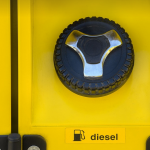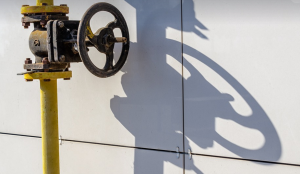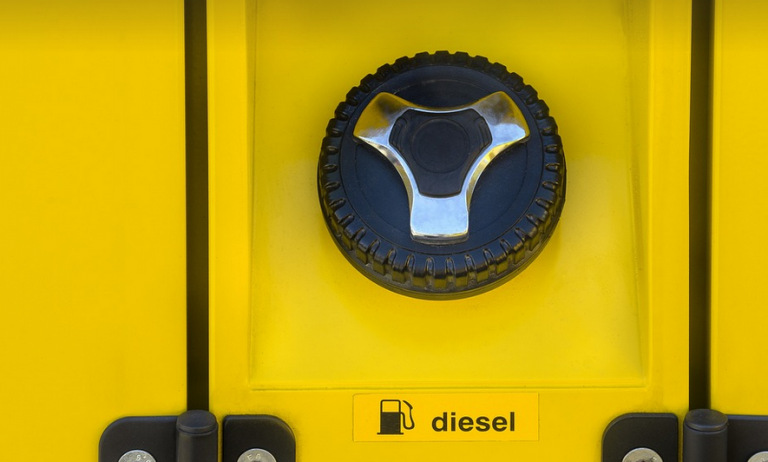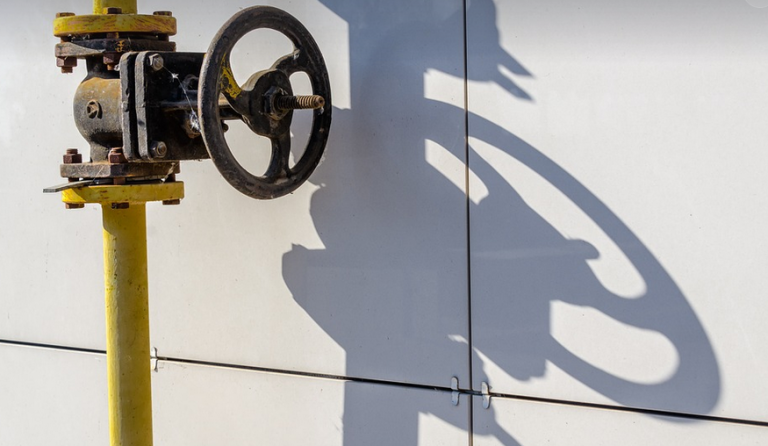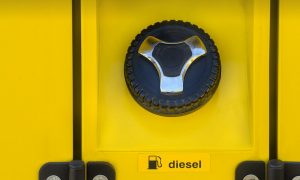Sorting Out the Basics of Plastic Recycling in Georgia
Georgia, with its diverse landscapes and bustling cities, generates a significant amount of plastic waste. From packaging materials to everyday consumer goods, this material finds its way into landfills and oceans at alarming rates. But there’s hope! The state is taking steps towards tackling plastic pollution through recycling programs and increased awareness. Understanding how to recycle correctly in Georgia can make a real difference for our environment.
Plastic recycling in Georgia is not always straightforward, but the journey starts with understanding the basics. The key lies in familiarizing ourselves with different types of plastics and their specific recycling processes. There are various materials that fall under this category, from reusable containers to common grocery bags.
Firstly, it’s crucial to know that most plastic packaging can be recycled. Common recyclable bottles and jugs made from polyethylene terephthalate (PET) often adorned with the #1 symbol on their base. These are readily accepted at most recycling centers and drop-off locations across Georgia. Then, there’s high-density polyethylene (HDPE), commonly found in milk jugs, detergent bottles, and shampoo containers. This material can be recycled if it’s clean, dry, and free of any food residue.
However, the journey doesn’t end here. The recycling process for various plastics requires a bit more attention to detail. For instance, plastic bags and wraps often pose challenges due to their thinness and flexibility. These materials are usually not accepted in regular curbside recycling programs, but they can be recycled through specialized drop-off locations designated for this purpose.
Georgia boasts dedicated recycling facilities specifically designed for processing plastics. These facilities employ advanced sorting technologies that separate different types of plastic waste based on its composition and characteristics. This process ensures that clean and recyclable materials are separated from non-recyclable ones, maximizing the efficiency of recycling efforts.
Recycling Programs in Georgia
Recycling programs in Georgia offer various avenues for citizens to actively participate in reducing plastic waste. One common method is curbside pickup, where designated areas for collecting recyclable materials are established. This system relies on residents sorting their waste accordingly and placing recyclable items within separate bins or containers marked with specific symbols.
Georgia also boasts dedicated recycling centers and drop-off locations that provide convenient access to those wishing to recycle plastic items not accepted in curbside pickup. These centers often offer specialized collection for various types of plastics, including grocery bags, film wraps, and other materials that may require further processing before being recycled.
Furthermore, some localities within Georgia have expanded their recycling initiatives by partnering with non-profit organizations or community groups. These collaborations focus on promoting awareness and engaging citizens in activities like collecting plastic waste or organizing educational sessions about the importance of proper recycling practices. By working together, these initiatives can help bridge the gap between individuals and community initiatives for a more sustainable future.
How to Make a Real Difference
While Georgia’s efforts in plastic recycling are commendable, individual actions play an equally essential role in minimizing waste and preserving our environment. By focusing on reducing consumption, selecting durable items that can be reused for longer periods, and adopting proper disposal practices, we can collectively make a significant difference.
Firstly, promoting responsible purchasing habits is crucial. Opting for products with minimal packaging or reusable alternatives instead of single-use plastics helps reduce waste at the source. Choosing unpackaged groceries, packing lunches with reusable containers instead of plastic bags, and utilizing reusable water bottles can significantly lower the amount of plastic consumed.
Additionally, choosing recycled paper goods over virgin materials and making conscious efforts to properly dispose of used items are vital steps in reducing plastic waste. When purchasing new products, consider brands that prioritize sustainable practices and utilize eco-friendly packaging options. This commitment to responsible choices will contribute to a better future for Georgia.
Lastly, we must embrace the collective power of community engagement. Participating in recycling drives, supporting organizations dedicated to environmental initiatives, and spreading awareness about plastic pollution are crucial steps towards creating lasting change. By working together, Georgia can build a more sustainable future where responsible disposal practices are the norm and plastic waste is minimized.





